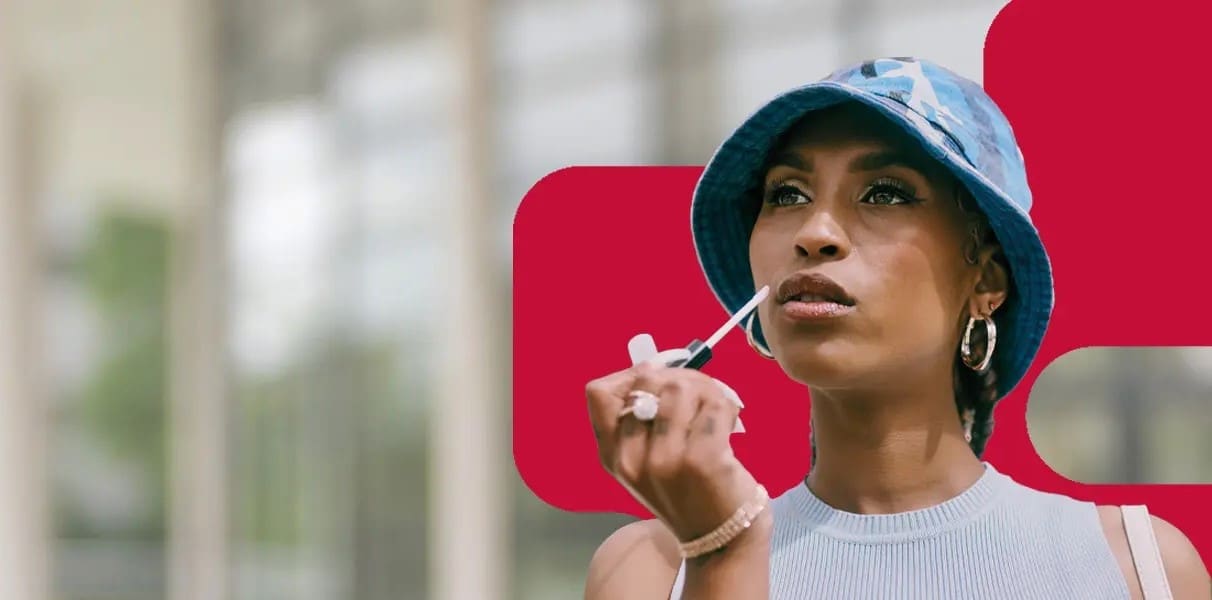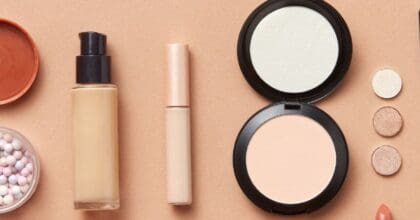Just 85% of young UK men think it’s important to wash their hands after using the toilet
Young Brits are lagging behind their older counterparts when it comes to basic hand hygiene, according to latest research from Mintel on soap, bath and shower products – with young males proving to be the nation’s worst culprits.
Consumers were asked on which occasions they think handwashing is important. While almost all (98%) of Brits aged 55 and over believe washing hands after using the toilet is important, this figure falls to 88% of Brits aged 16-34 and just 85% of men aged 16-34. Meanwhile, a germ-conscious 95% of Brits aged 55+ think it’s important to wash their hands before preparing food, which compares to just 85% of those aged 16-34.
There are even greater differences between young and older consumers for activities such as “after handling rubbish”, which is recognised as an important cause for hand washing by 94% of over 55s, versus 79% of 16-34s. And while washing hands before eating should be second nature, according to Mintel only 69% of males aged 16-34 consider this an important reason for handwashing, compared to 85% of Brits aged 55+.
As many Brits battle the end of the winter germs, Mintel found that only 72% of males aged 16-34 think it’s important to wash their hands after coughing, sneezing or blowing their nose, compared to 85% of Brits aged 55 and over.
Hera Crossan, Research Analyst at Mintel, said:
“It seems that some young men have an overly relaxed attitude to handwashing – something to bear in mind when shaking hands! Our research shows that young Brits are less likely than their older counterparts to think handwashing is important before or after certain activities, like using the toilet or eating. Clearly people take personal hygiene more seriously as they get older and become more concerned about the potential effects of contracting illnesses like flu. While hand washing is actively encouraged in schools, there may be a need for soap and handwash brands to educate certain groups, especially young men, about the benefits of washing their hands.”
Stressed out young men take to their baths
It seems that young men are enjoying a long soak in the bath. According to Mintel, more than four in ten (44%) men aged 16-24 take baths; of those, 27% spend between 31 minutes and 1 hour in the bath, compared to an average of 18% across all bathers.
Washing away the troubles of the day, half (51%) of men who bathe say they do so to relieve stress, rising to 58% of men aged 16-34. But it’s not just the bath which is keeping young males calm, as 38% of men aged 16-24 who take showers also do so to relieve stress, compared to 23% of all consumers.
Overall, half (51%) of Brits spend less than 10 minutes in the shower, while 41% spend between 10-20 minutes and 7% indulge in a leisurely 21-30 minutes of showering. But if you are sharing a house with a young Brit – be warned, there may be a queue for your bathroom slot, as one in seven (15%) 16-24s enjoy a shower of 21-30 minutes.
“An increased focus on mental health, and recognising the importance of dealing with stress effectively, have led to men finding a more supportive environment than ever to discuss and handle their stress. For many, this could take the form of talking more with friends, family or a mental health professional. However, for others the solution of soaking in the bath is proving an effective method to relieve stress. Traditionally, young men might not have been the most obvious market for bath brands, but it may now be worth the time to re-assess whether they are being offered the right product mix.” Hera adds.
Keeping clean with a conscience
In the interest of the environment, over half (55%) of users and buyers of soap, bath and shower products would consider buying products with reduced/no plastic packaging; this rises to 68% of Brits aged 65+. Meanwhile, just under half (47%) are interested in buying refillable products and 42% would consider using products with an all-natural formula. Environmental concerns are highlighted by the fact that some four in ten (40%) consumers would consider using brands which offer palm-oil free products.
“Our throwaway culture is becoming a contentious issue and consumers are looking for ways to conserve the planet’s resources. At present, demand for environmentally friendly products is not being fully met, and few brands in the category use sustainability as a major part of their marketing message. Consumer interest in sustainability is perhaps at an all-time high, with younger consumers often driving the way. As a result, there is definite scope for a mainstream brand in the category to differentiate itself through becoming the sustainable choice for consumers.” Hera concludes.
-
Mintel StoreGet smart fast with our exclusive market research reports, delivering the latest data, innovation, trends and strategic recommendations....View reports
-
Mintel LeapMintel Leap is a revolutionary new AI-powered platform that will transform your research process....Book a demo







































